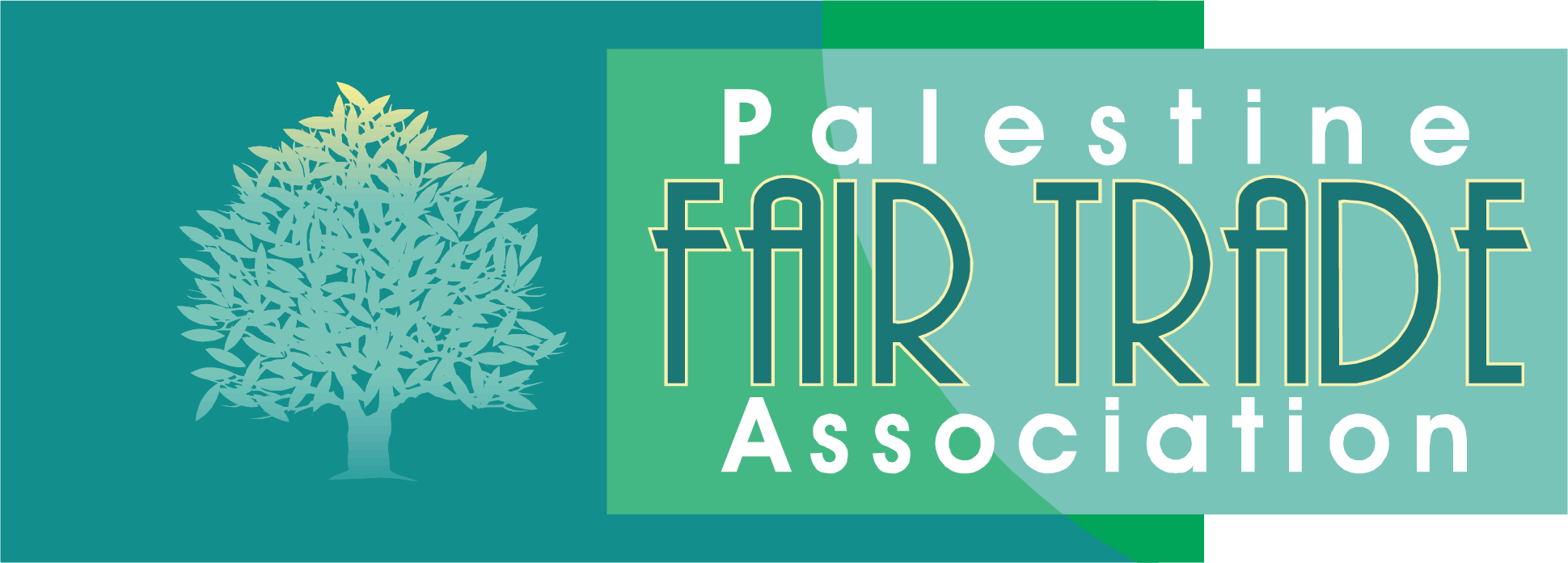Fair Trade Program
“Fair Trade” is more than a marketing slogan at the PFTA. The production of all 50 PFTA cooperatives, as well as 6 women’s cooperatives is certified fair trade by institute of marketecology (IMO) of Switzerland .18 cooperatives are additionally certified fair trade by fair trade labeling organization (FLO) of Germany. Certification requires strict adherence to objective, measurable guidelines at all stages of production. Certification documents are available at Canaan Fair Trade. The PFTA philosophy is that certification is important to build trust and respect for our products to gain market access outside of Palestine.
The PFTA has general fair trade guidelines that must be observed by all participants in the production, processing, and trade chain. These general guidelines were developed based on those of the FLO. In addition, PFTA follows the FLO format in implementing product specific guidelines. For FLO product specific guidelines, see http://www.fairtrade.net/standerds.html
However, PFTA’s cooperatives primary activity is the production of fair trade olive oil. FLO has not yet developed international product specific guidelines for olive oil .PFTA has developed product specifics guidelines for fair trade olive oil that guide the fair trade production of olive oil in Palestine. These olive oil specifics guidelines were developed by drawing from the FLO product specifics guidelines format and researching the olive oil farming, processing, and trading industry in Palestine.
By definition, fair trade is commercial partnership based on dialogue, transparency, and respect. The goal of fair trade is equity in commerce which leads to sustained development and safeguards marginalized producers and workers. To that end, fair trade organizations commit heighten public awareness and campaign for international trade rules and practices which benefits small and marginalized commercial enterprises.
As a result, fair trade is both sustainable and socially transforming. The exchange of goods and services is much more than a financial transaction; it engenders positive social, economic, and environmental benefits. Fair trade increases economic value in the community, reduce poverty and inequality, and regenerates the resource base that produces the original product. All of this activity occurs in an open, accountable system.
Strategic objectives of fair trade are:1) to move marginal producers and workers from vulnerability to economic security,2) to engages producers and workers to participate in their organizations , and 3) to assist producers and workers to build commercial capacity.
In application, the PFTA is fully committed to fair trade principles. The farmers from democratic cooperatives, and elect their own leaders. They appoint their director and staff. They set their prices and input them to FLO for worldwide standers. The PFTA is inspected once ayear at harvest time by IMO for foods (August), and olive oil(October-November) and by FLO for olive oil(October-November).the inspections are rigorous ,usually take two weeks, with two inspectors and tow PFTA staff. Inspections are carried out in the PFTA office and processing plants(olive presses and grain mills) and multiple farm inspections at random locations.
Our fair trade certification is a source of pride for all 1700 PFTA farmers and staff
